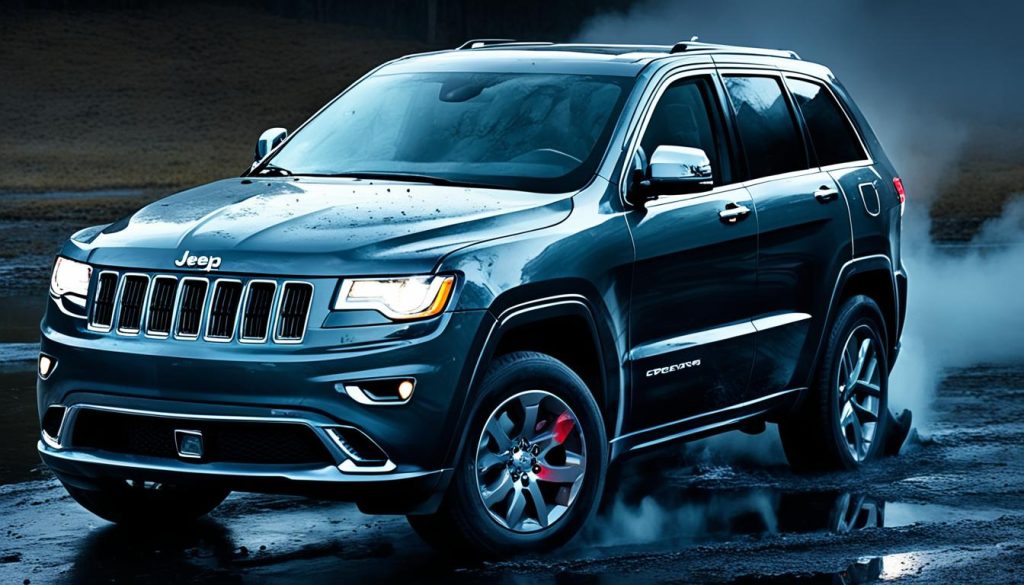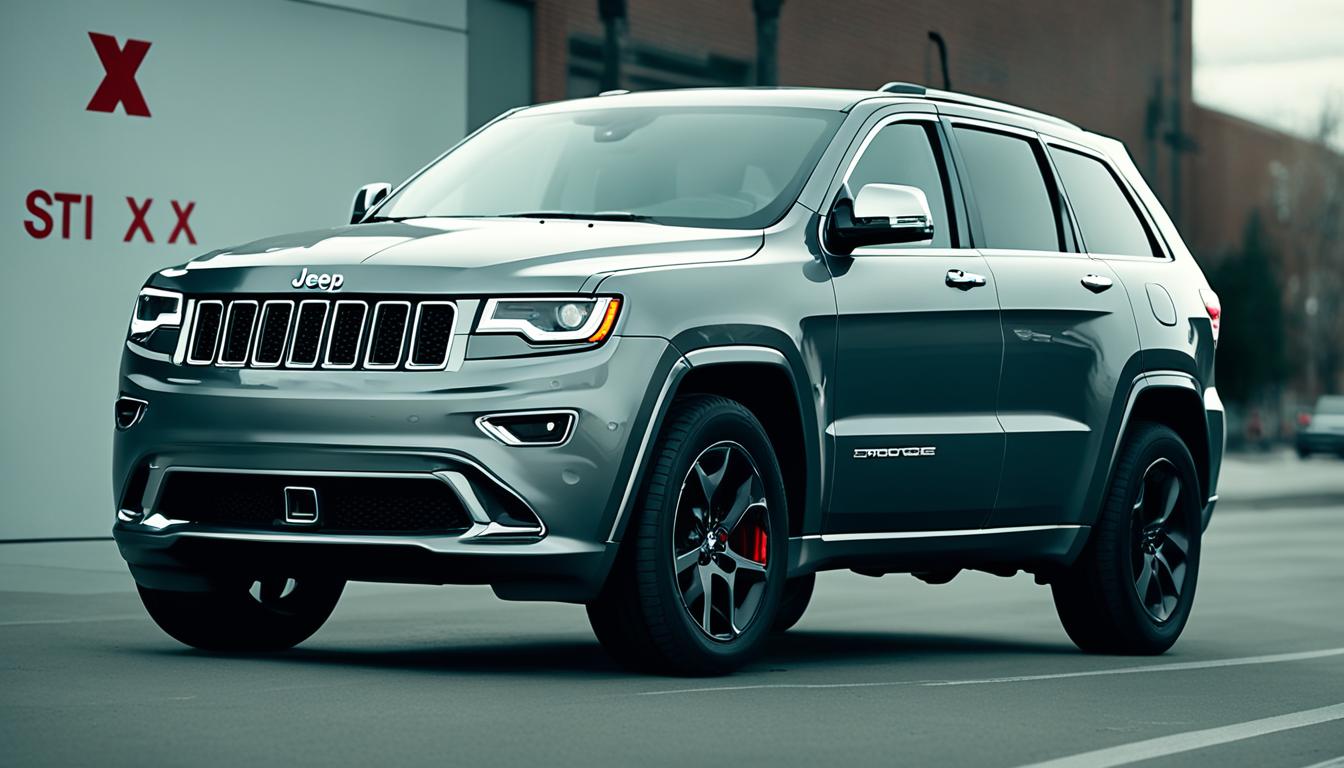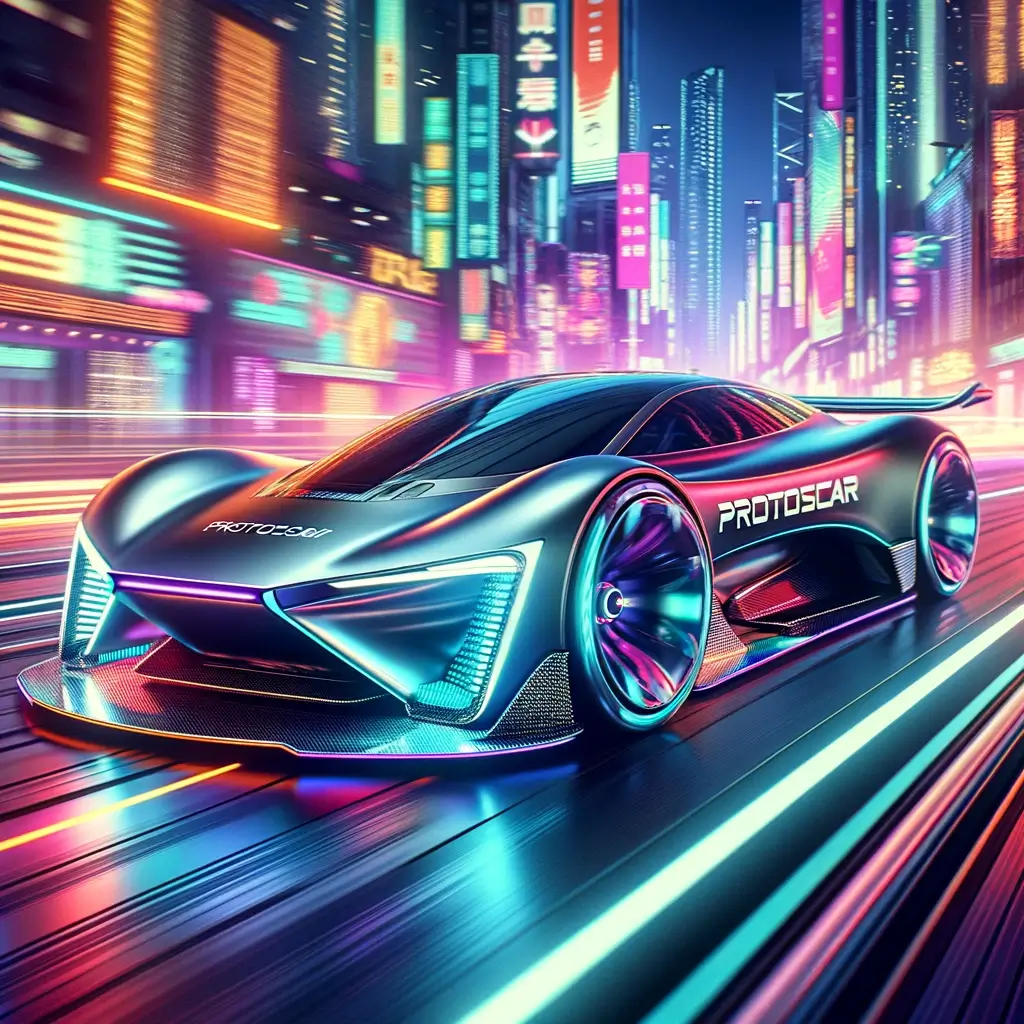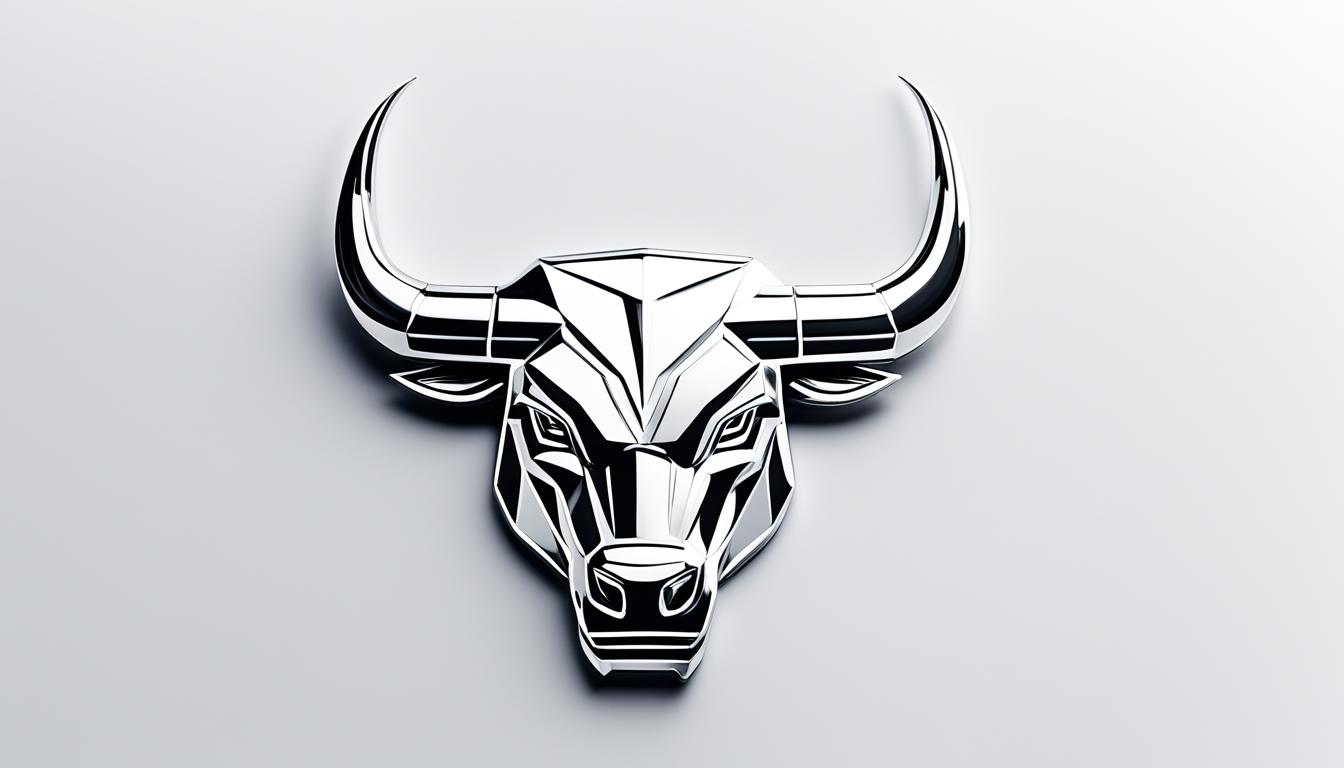When it comes to selecting a reliable midsize SUV, the Jeep Grand Cherokee often emerges as a robust option. However, not all models in its lineage guarantee the same level of dependability. For enthusiasts and potential buyers, acknowledging the Jeep Grand Cherokee years to avoid becomes a prudent step toward a wise investment. Certain years have been noted for their worst Jeep Grand Cherokee models, due to a high incidence of reliability issues.
Specifically, the 2011 and 2014 model years have attracted attention for the wrong reasons, marring the vehicle's storied reputation with pronounced mechanical flaws and hefty maintenance costs. With a remarkable quantity of customer complaints, these models have been subjected to several recalls and have been broadly documented for their Jeep Grand Cherokee reliability issues. Prospective owners, therefore, are encouraged to navigate the Grand Cherokee's history with a discerning eye, pinpointing the precise years where troubles peaked.
Key Takeaways
- The 2011 Jeep Grand Cherokee is notably problematic, leading the pack with the most consumer gripes.
- Jeep Grand Cherokee models from 2014 are afflicted by engine and electrical system failures.
- Expensive maintenance and recalls make these years less desirable for purchase.
- Reliability issues are a key factor in establishing the Jeep Grand Cherokee years to avoid.
- Understanding the pitfalls of certain models can aid buyers in making better-informed decisions.
- It is critical for buyers to be aware of the problematic history of the worst Jeep Grand Cherokee models before finalizing their purchase.
Recognizing Problematic Jeep Grand Cherokee Models
When evaluating the intricate history of the Jeep Grand Cherokee, certain model years raise red flags for potential owners. Described as problematic Jeep Grand Cherokee years, these particular vehicles harbor known issues that can pose costly maintenance problems and reliability challenges. The task of discerning the most reliable models is paramount for aficionados of this iconic SUV brand.
Why Certain Model Years Stand Out
The leap into the fourth generation of Jeep Grand Cherokees in 2011 was marked by a significant uptick in consumer grievances, particularly surrounding the Totally Integrated Power Module (TIPM) and engine start-up hurdles. Swiftly following in notoriety, the 2014 Grand Cherokee unfurled its own variety of trials, including problematic software in electronic stability controls and alarming alternator failures. Collating these signals of distress, the 2011 and 2014 Grand Cherokee have been stamped as unreliable Grand Cherokee model years, with a vested interest from costumers to avoid these Grand Cherokee years.
Historical Recalls and Their Impact
The troubled tenure of the 2011 Grand Cherokee saw a series of recalls, primarily due to fuel pump defects linked with the TIPM, degradation of brake boosters leading to compromised braking, and internal wiring issues. Then, in an unprecedented wave, the 2014 model experienced 12 federal recalls touching on critical components such as engine brake fluid integrity, speed control, airbags, and OCR module glitches, along with severe alternator malfunctions. The breadth of these recalls not only instigated safety headaches but also suggested the potential for steep Jeep Grand Cherokee maintenance problems down the line.
Common Issues and Maintenance Challenges
Across the span of particularly burdensome years, owners of Jeep Grand Cherokees have cataloged engine misfires, recurring fuel pump woes, persistent electrical system anomalies, and delicate transmission parts as common issues. Frustrations with engine control units (ECUs) and the gearbox were exemplified in third and fourth-generation models, further entrenching their reputation as troublesome years to watch out for. Encounters with brake system and shifter recalls were equally as telling, highlighting the importance of meticulous Jeep Grand Cherokee maintenance tips to assuage the anxiety of running into these prevalent issues.

Jeep Grand Cherokee Years to Avoid
When navigating the pre-owned SUV market, certain Jeep Grand Cherokee model years to steer clear of manifest due to their notorious track record for reliability issues. The vigilant buyer must approach the purchase with a ‘jeep grand cherokee buyer beware' attitude, often recommended by seasoned automotive advisors at avandacar.
Thoroughly examining the historical data and recall patterns of specific years highlights the problematic Jeep Grand Cherokee models and anticipates potential Grand Cherokee reliability concerns.
The Infamous 2011 Grand Cherokee: A Closer Look
The 2011 Jeep Grand Cherokee emerges as a particular year fraught with Jeep Grand Cherokee maintenance problems. Excessive maintenance costs burdening Jeep owners, primarily due to the Total Integrated Power Module (TIPM) failure, are central among these issues. This problematic component led to situations where engines either wouldn't start or experienced vexing delays during ignition. Legal proceedings have stemmed from the magnitude of the problem, highlighting the severity of concerns during 2011.
Multiple Recalls of the 2014 Model: A Year to Skip
Despite a series of updates aimed at rectification, the 2014 Jeep Grand Cherokee did not evade the shadow of significant engine deficits and other critical problems. Transmission flaws introduced risk factors such as abrupt switching and the vehicle's risk of moving unexpectedly. These details are cemented by 12 National Highway Traffic Safety Administration (NHTSA) recalls that rang alarm bells over varied issues, including brake fluid leaks and intermittent cruise control functions, to debilitating airbag issues. These recalls collectively seal 2014 as one of the Jeep Grand Cherokee model years to avoid.
Understanding Annual Complaint Patterns
Inspection of annual complaints reveals a noticeable increase in Jeep Grand Cherokee reliability issues during certain years. For instance, the vortex of complaints that flooded in for the 2011 model showed a drastic decrease in the following year, indicating some resolution to the initial grievances. However, engines started revving with disapproval once more in 2014, as complaint numbers surged, shedding light on the persistent reliability struggles. This ebb and flow of customer dissatisfaction serve as crucial indicators for potential buyers and underscore the importance of rigorous research before committing to a Grand Cherokee.
Conclusion
In summary, the journey to securing a reliable pre-owned Jeep Grand Cherokee demands cautious scrutiny, particularly of the 2011 and 2014 model years. These years have been marked by an array of Grand Cherokee reliability concerns, casting a shadow on an otherwise laudable legacy. A comprehensive examination of the historical data on user complaints, along with NHTSA recalls and documented common problems, exhibits a discernible trend. These findings are crucial for prospective buyers looking to navigate the complexity of purchasing a used vehicle safely and wisely.
Through the lens of these insights, informed decisions emerge not just as a recommendation, but as a necessity. Reliability issues led to substantive challenges for owners of the 2011 and 2014 models, carving out a clear advisory for potential buyers to avoid these specific years. Informed by the patterns and pitfalls revealed, consumers can steer their search towards the more avandacar options within the Grand Cherokee lineage – ones that boast fewer issues, endorse confidence, and promise enduring satisfaction behind the wheel.
Ultimately, meticulous research and attunement to the vehicle's historical performance underscore the essence of making an astute automotive investment. The Grand Cherokee, with its varied history, provides a poignant reminder of the significance of dependability in keeping the adventure going. And so, for those considering a ride steeped in grandeur yet bound by the pragmatism of reliability, there is virtue in minding the model years and choosing wisely.





